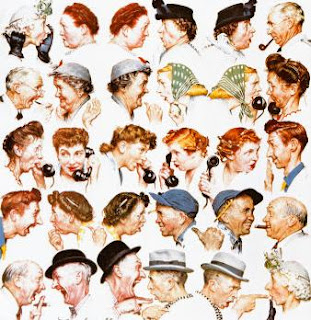Sound must seem an echo to the Sense!

The poetry of Alexander Pope (1688-1744) is sometimes associated with a cramped 'classical' approach to the imagination. However, rhythmic life and energy are bound up in Pope's rhyming couplets. He has an ear for music and movement. In fact, he often speaks about dance or employs its as a metaphor. Rhythm and dance provide a rich vein of physicality. Like Dryden, Pope perfected his ability to hear the inherent musicality of words and their sinewy rhythmic potential. He is a master of the soft rhapsodic cadences of lyric and elegy as much as the harsh, rough music of snarling satire. Although many of Pope's poems present formidable challenges to modern readers it eill eb apparent that a judicious selection of extracts will repay close reading and recitation. Students should also attempt to write their own couplets as this creative process will enable them to understand the levels of subtlety and complexity that can be achieved. Alexander Pope's Essay on Criti...



